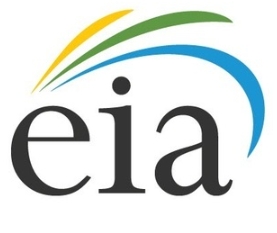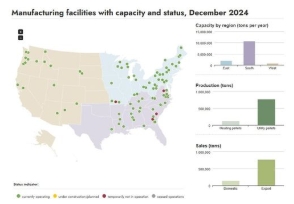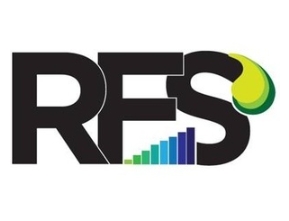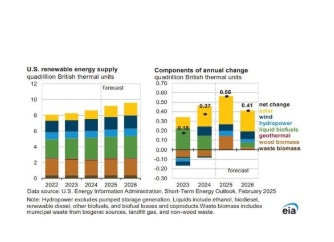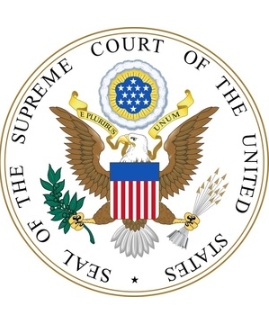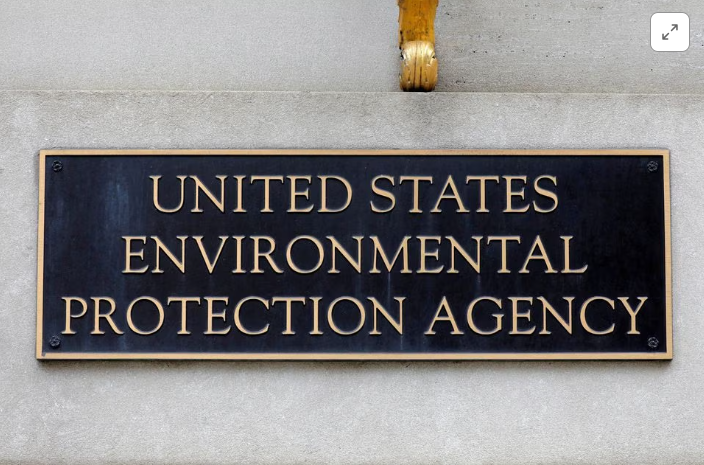
The Environmental Protection Agency (EPA), which has the authority to issue the waivers, on Friday denied exemption requests from 15 small refineries in a move that corn farmers and ethanol producers welcomed.
Refiners including Par Pacific Holdings Inc (PARR.N) plan to join together in a legal challenge against the decision, a Par Pacific spokesperson told Reuters.
"We believe EPA's decision is arbitrary, capricious, and contrary to law," said Ashimi Patel with Par Pacific.
Par Pacific and CVR Energy (CVI.N) have some of the largest outstanding obligations.
Under the Renewable Fuel Standard (RFS), oil refiners must blend billions of gallons of biofuels into the nation's fuel mix or buy credits - known as RINs - from those that do. The EPA can, however, award exemptions to some small refiners if they prove that the obligations cause them undue harm.
"We will continue to fight for our rights that we believe Wynnewood (Oklahoma refinery) is entitled to," CVR Energy Chief Executive David Lamp said during the company's first quarter earnings call in May, before the EPA's decision last week.
Par Pacific's gross RINs and environmental credit obligations stood at $347 million at the end of the first quarter 2023, based on market pricing then, a company filing showed. CVR Energy's outstanding liability was about $582 million at the end of the first quarter, another filing showed.
As the EPA under President Joe Biden has not granted any refiner an exemption, the EPA's decision last week was not a surprise, Tudor, Pickering, Holt and Co's Matthew Blair said in a note on Monday.
The American Fuel and Petrochemical Manufacturers (AFPM)refiner trade group assailed the EPA's broad rejections.
"Congress understood from the get-go that RFS compliance could impose a disproportionate financial burden on small refineries," said AFPM spokesperson Ericka Perryman.
Renewable fuel credits for the 2023 compliance year were at $1.54 per gallon on Monday, traders said.
